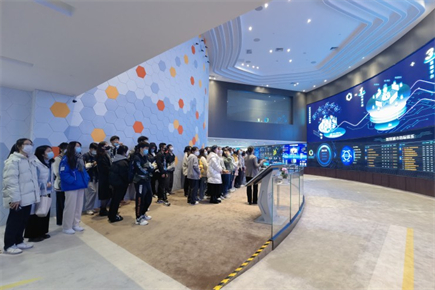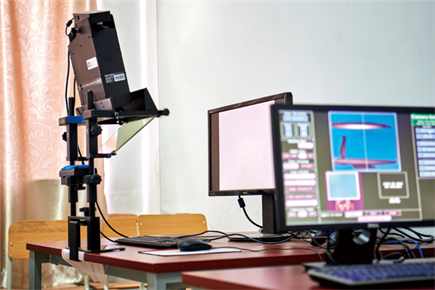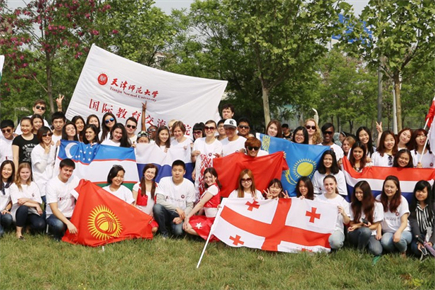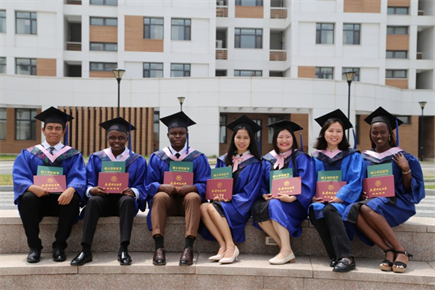The direct and site-selective functionalization of unactivated aliphatic C–H bonds remains one of the biggest challenges in chemical synthesis. Among the notable efforts in C(sp3)-H functionalization, remote olefin functionalization via chain walking has been an emerging protocol developed recently to install functional groups at inert sp3 C-H sites that are distant from the initial olefinic site. Notwithstanding recent advances, the protocol predominantly promots functionalization at terminal or α-carbon adjacent to electron-withdrawing groups such as aryl, boryl, and other moieties (Scheme 1A). Moreover, the protocol generally incorporats functional groups only at a single position; functionalization of multiple sites within the same alkene starting material to produce either regioisomer remains elusive. Therefore, it is highly significant and desirable to develop catalytic remote functionalization reactions with predicable and switchable regioselectivity to prepare structurally diverse functionalized branched molecules, which are difficult to access in a conventional chain-walking regime.
Prof. Chao Wang's research group from College of Chemistry has been focusing on the study of olefin functionalization via a directing group strategy. Prior to this, they have made some progress in the functionalization and diversification of alkenylamine derivatives (Cell Rep. Phys. Sci. 2021, 2, 100574;Nat. Commun. 2021, 12, 6280;Org. Lett. 2021, 23, 8516;Org. Chem. Front. 2022, 9, 3068; et. al. ). Recently, they wondered if the combination of a suitable weak monodentate directing group and different optimized ligands would facilitate formation of stabilized metallacycles with different sizes and terminate further chain walking, thus enabling regiodivergent remote olefin difunctionalization (Scheme 1B). Such a strategy would offer rapid access to complex molecular architectures with higher productivity and advance the efforts toward unlocking novel site-selective remote functionalization. Herein, they demonstrate this strategy in the ligand-controlled, directing group-assisted regiodivergent migratory hydroalkylation of alkenyl amines via NiH catalysis, which has been proven as a powerful tool to enable remote functionalization of alkenes (Scheme 1C).

Scheme 1. Remote functionalization of unactivated alkenes.
Zhao Lei, a graduate student of Tianjin Normal University, is the first author of this article, and Prof. Wang is the only corresponding author. This work was supported by the National Natural Science Foundation of China (21901185) and funds provided by Tianjin Normal University.
Paper Link:https://onlinelibrary.wiley.com/doi/10.1002/anie.202204716











